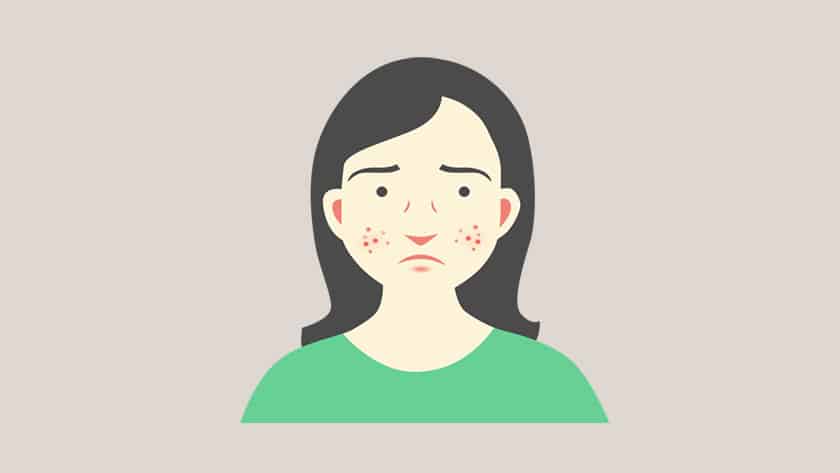
Acne is a skin condition that occurs when the pores of the skin become blocked with oil, dead skin, or bacteria. It often causes whiteheads, blackheads or pimples, and usually appears on the face, forehead, chest, upper back, and shoulders. Although it affects people of all ages, acne is most common among teenagers.
Still curious? Click here to find more about what acne is
Medical Treatment for Acne
Doctors recommend treatment depending on the patient’s age, the type and severity of acne. The first choice of acne treatment available is tetracycline — such as minocycline or doxycycline — or a macrolide. Along with topical retinoids and benzoyl peroxide, patients may also take oral antibiotics for the shortest time possible to prevent antibiotic resistance.
- Topical medications
- Oral medications
- Therapies
Topical medications
The most common topical prescription medications for acne are retinoids and retinoid-like drugs, antibiotics, salicylic acid, azelaic acid, and dapsone.
Oral medications
A patient may need oral antibiotics to reduce bacteria and fight inflammation. Doctors may also prescribe combined oral contraceptives, anti-androgen agents, and isotretinoin depending on the skin condition.
Therapies
Doctors may recommend therapies such as lasers and photodynamic therapy, chemical peel, extraction of whiteheads and blackheads, and steroid injection in select cases.
Still curious? Click here to find more medical treatments for acne.
What do the experts say?
Dermatologist Joshua Zeichner, MD, says that CBD can help in treating acne.
Medical studies suggest that CBD can be an effective acne treatment.
